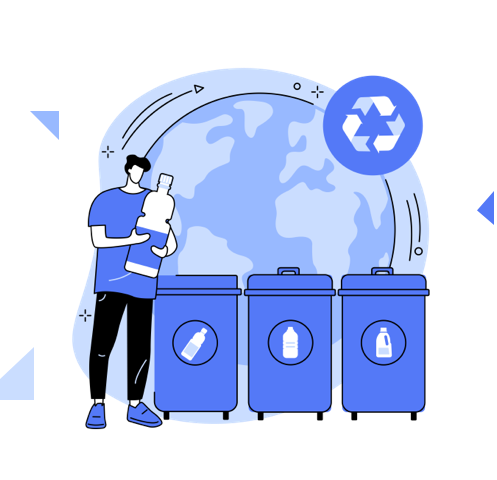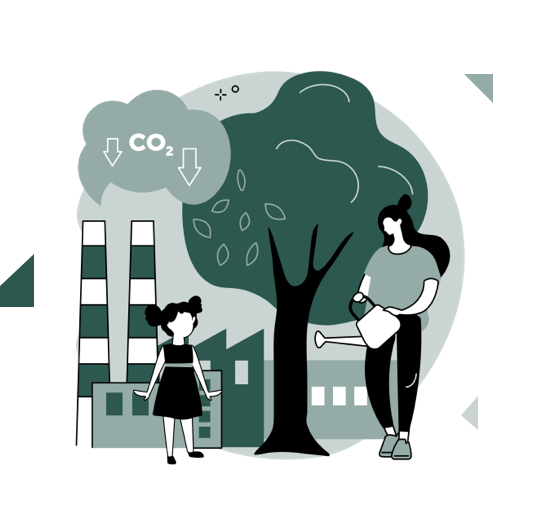At Genuit we’re in the business of sustainability.
Expectations of the built environment to solve the urgent challenges facing our infrastructure, buildings, communities, and planet have never been greater. Across the Group we’re finding solutions for these challenges we are faced with: creating a more resilient business, society and planet.
We have a role to play in making the built environment more sustainable. We do this by becoming a sustainable, low-carbon business ourselves as well as delivering sustainable solutions at scale.
In 2023 Genuit Group committed to set long-term emissions reduction targets with the SBTi in line with reaching net-zero by 2050. In May we were pleased to confirm our near-term 2027 targets were approved by SBTi and can be viewed here. Below you will see our previously committed 2025 targets on our journey to reaching net-zero by 2050.
We’re raising the bar on sustainability. We’re holding ourselves accountable by setting a clear strategy and measuring progress against ambitious targets.




of tonnage from recycled plastics.





of sales from products that do not exist today.





reduction in CO2 emissions as part of our pledge to net zero.





of our workforce participating in recognised training programmes.





At Genuit Group we’re helping construction build better, focusing on the following areas to create a more resilient business, society and planet.
Click below to find out more.

We used recyclate in 50% of tonnage for our products in 2019, with several of our sites already zero waste-to-landfill.
By 2025 we expect to reach 62% of tonnage from recycled plastics and work towards leading the industry in recycling and the elimination of waste. It is our ambition to increase our use of recycled products to its maximum permitted threshold while pushing for those boundaries to be extended, and to become a zero-to-landfill operation.

We recognise that the challenges faced within the built environment are changing and require new solutions. Innovation is engrained in our culture, and is also key to the resilience of the business.
In 2019, we launched our inspirational Green Urbanisation Design Guide; a comprehensive insight into the negative effects of climate change and the sustainable solutions available through smart water and climate management systems to help combat it. We will continue to lead through innovation, helping the construction industry overcome new and existing challenges, whilst looking to encompass digital capability in the solutions we develop; producing 25% of sales from products that don’t exist today.

We are committed to reducing the carbon footprint of our operations and products by reducing our carbon emissions.
We will develop a clear carbon roadmap addressing renewable energy, optimising transport and sourcing low-carbon materials, without resorting to carbon offsetting. We also engage with our customers to look at ways to reduce the carbon impact of the construction processes in which we are involved. We achieved a total emissions reduction of 10% from 2018 to 2019, also reducing our intensity per tonne of output by 9%. By 2025, our aim is to achieve 66% reduction in CO2 emissions.

We are committed to drawing upon the widest possible talent pool, and recognise the benefits that diversity plays in bringing broad perspectives into the business.
In 2019 we increased our number of apprentices by 36%, up to a total of 80. We will measure our employee engagement through the 5% Club to increase our number of ‘earn and learn’ programmes to ensure the continuous development of our colleagues, and evaluate the gender pay gap, adopting the MacGregor-Smith recommendations on diversity in the workplace.